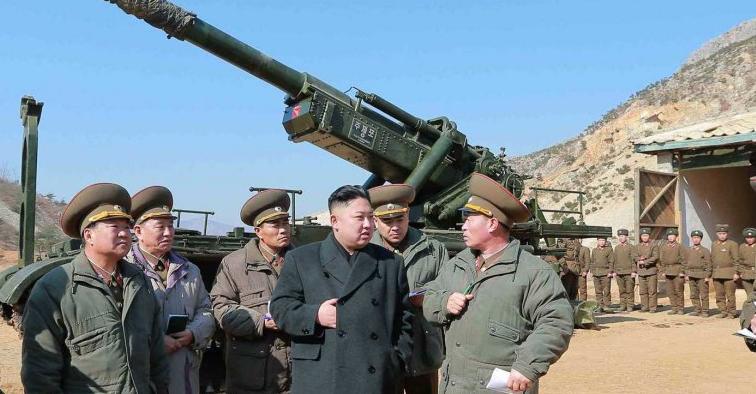
Wu Zurong, Research Fellow, China Foundation for Int'l Studies
May 18, 2017
As economic globalization moves forward and the newly emerged economies become more integrated with the developed ones, the whole world is concentrating on economic development. The main trend of the times is for peace, and against war. The U.S. should give up the idea that a certain degree of controlled tension on the Korean peninsula consolidates its permanent deployment of troops there.
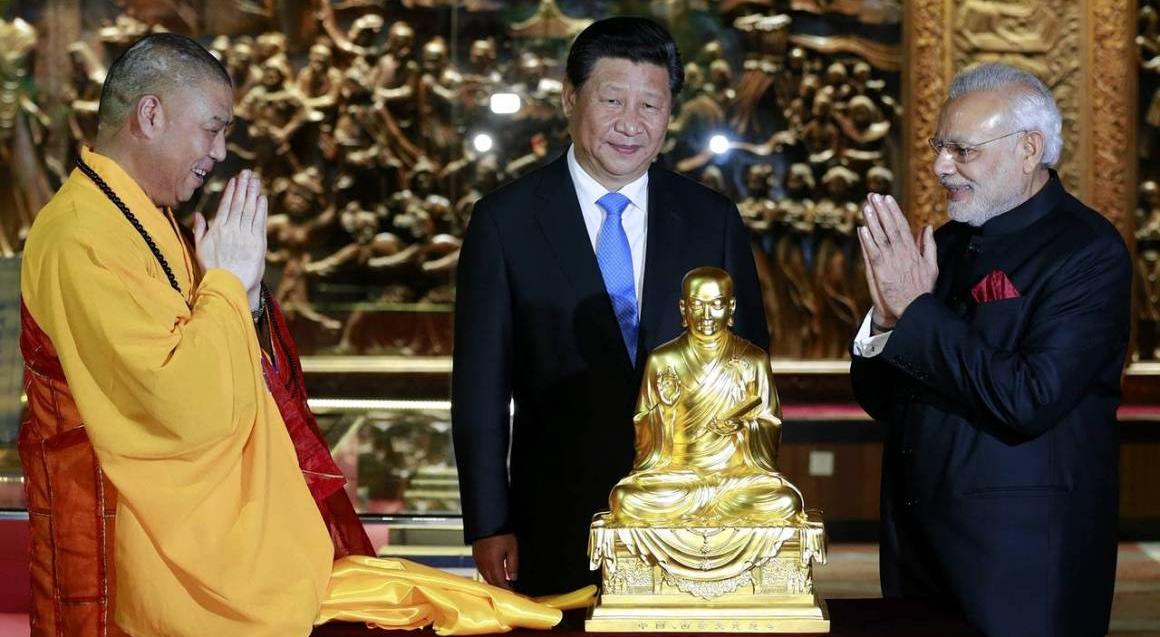
Patrick Mendis, Visiting Professor of Global Affairs, National Chengchi University
May 18, 2017
During his historic visit to Sri Lanka in September 2014, President Xi Jinping described the island as a “splendid pearl” while the two countries signed over twenty bilateral agreements in Colombo. Symbolized by the Buddhist-inspired Lotus Tower on the waterfront of the picturesque Beira Lake in the commercial district, the globalizing BRI is reviving the ancient glory of “trade-for-peace” to bring about a more harmonious and prosperous “Pacific New World Order” for the Asia-Pacific region and beyond.
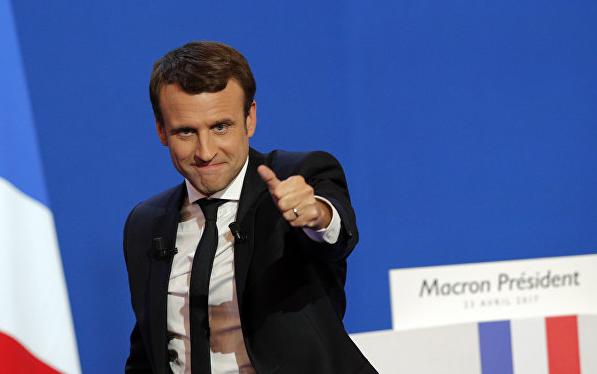
Feng Zhongping, Director, Institute of European Studies, Chinese Academy of Social Sciences (CASS)
May 16, 2017
While the new French leader will focus an enormous amount of resources on domestic reform, he will also try to accomplish something big in foreign affairs. As a pro-EU president of France, Macron will make the restart of the Franco-German engine his primary task.
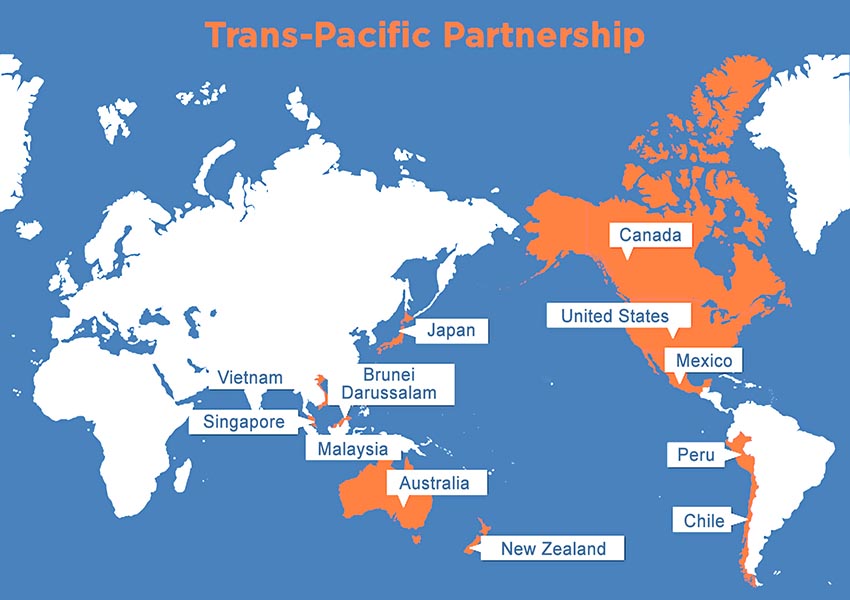
Robert Manning, Senior Fellow, Brent Scowcroft Center of Atlantic Council
May 15, 2017
If there ever was a time when Asian nations could ignore transatlantic affairs or when Europe could proceed without considering Asian developments, those days are long gone.

Joseph S. Nye, Professor, Harvard University
May 12, 2017
Soft power can reach goals through attraction and persuasion rather than threats of coercion or offers of payment. Information warfare can be used offensively to disempower rivals, and this could be considered “negative soft power.” By attacking the values of others, one can reduce their attractiveness and thus their relative soft power.
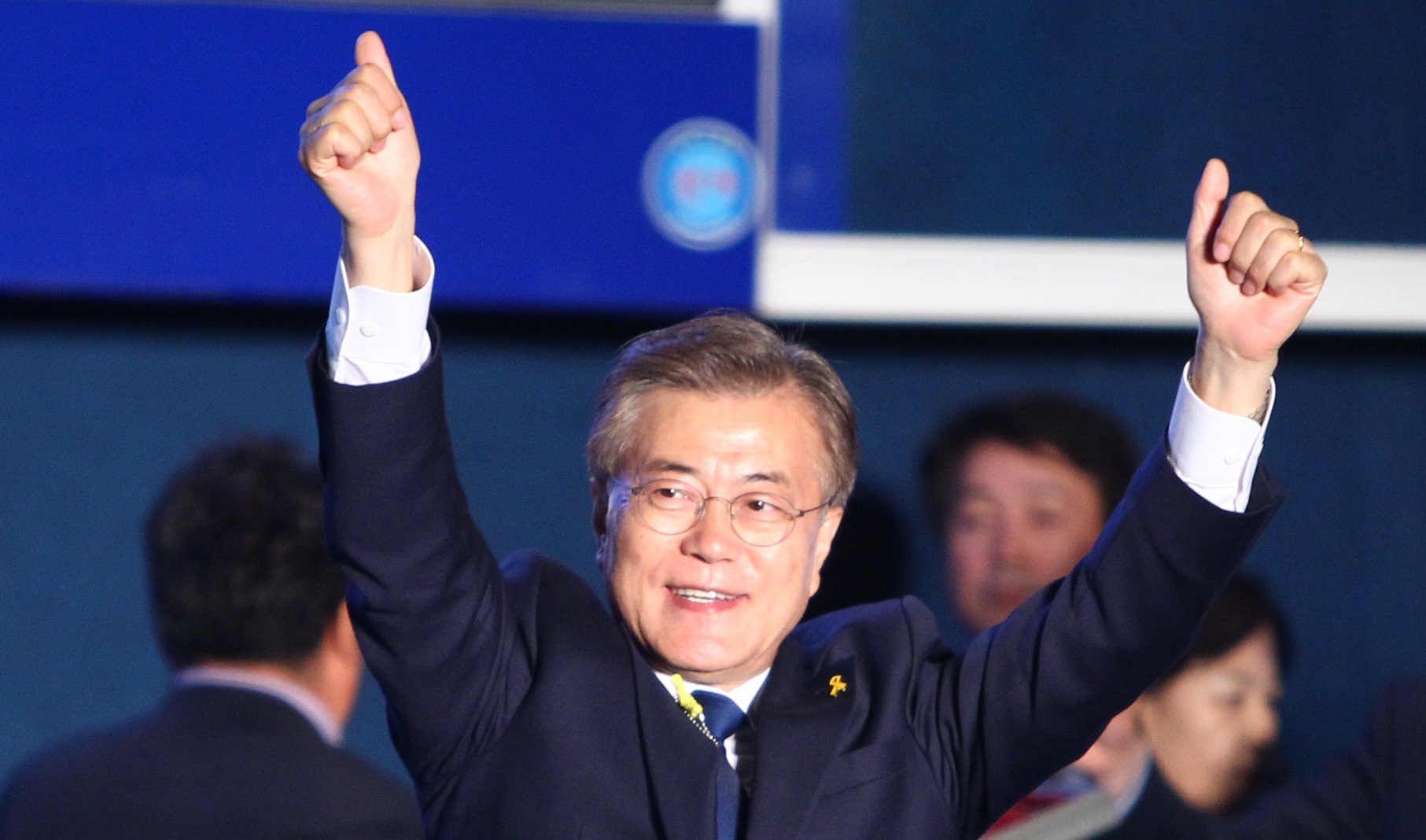
Yoon Young-kwan, Professor Emeritus of International Relations, Seoul National University
May 10, 2017
Those who predict that a Moon presidency will disrupt South Korean relations with the U.S. and Japan are surely mistaken.
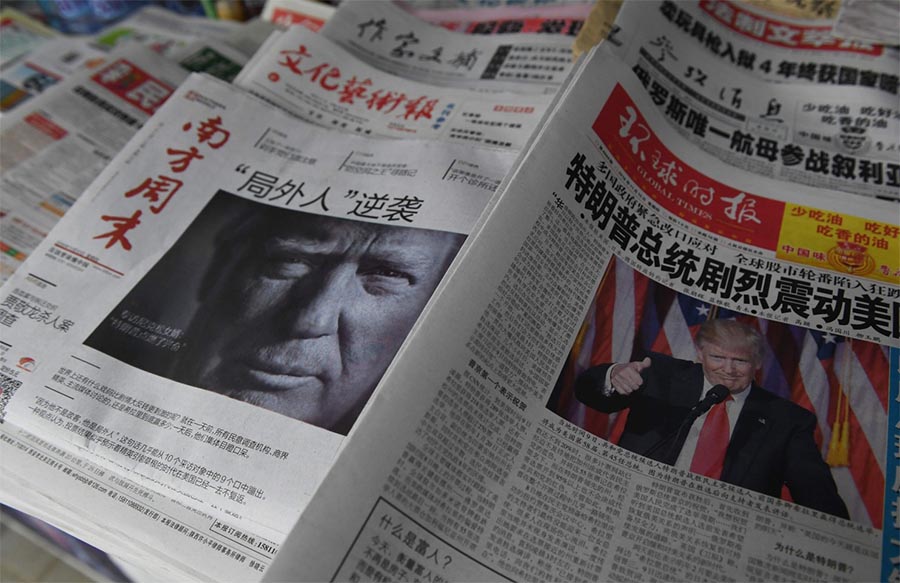
Ma Shikun, Senior Journalist, the People’s Daily
May 09, 2017
The new US leader has become more pragmatic about Beijing and established a good rapport with President Xi Jinping, but his approach to Taiwan, the One China policy and North Korea have failed to reassure many Chinese observers.
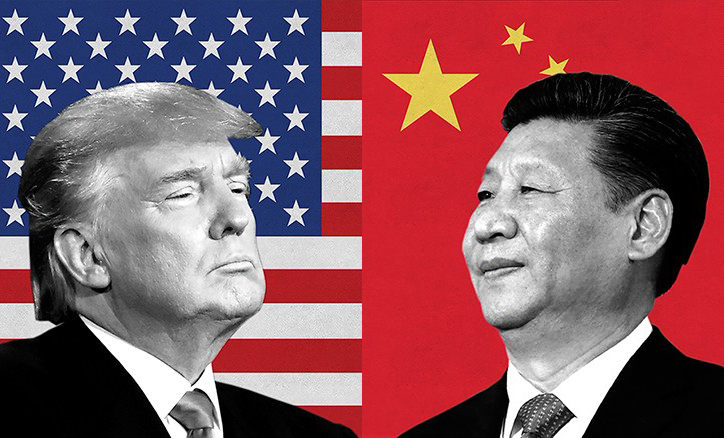
Quansheng Zhao , Professor, International Relations at American University
May 08, 2017
Since the 2008 global financial crisis, China and the U.S. have entered into a new structure, namely an emerging dual leadership structure, in the Asia-Pacific. This trend represents the future direction of U.S.-China relations.

Fernando Menéndez, Economist and China-Latin America observer
May 05, 2017
The build-up of a large militia in Venezuela, facing no external military aggression, underscores a regime prepared to escalate violence against its own people. China, has provided generous credits, loans, and investments in an amount estimated at upwards of $60 billion, and will likely write off its loses, but more importantly may have to avoid being dragged down into a humanitarian crisis comparable to Syria or a political miasma as cancerous as North Korea, unless the leaders in Caracas change course.
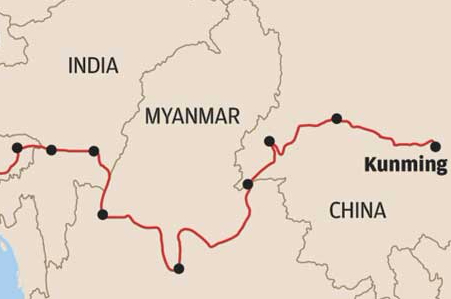
Jonathan Tai, Research assistant, Inle Advisory Group
May 05, 2017
National reconciliation does not just impact Myanmar’s political and economic interests; it is also important to China. As the largest neighbor and sharing the longest border with Myanmar, China has and will continue to play a prominent role in the nation’s stalled peace process..
Back to Top

- China-US Focus builds trust and understanding between the U.S. and China through open dialogue among thought leaders.
- Our Offerings
- Topics
- Videos
- Podcasts
- Columnists
- Research Reports
- Focus Digest
- Stay Connected
-
Thanks for signing up!
- Get the latest stories from China-US Focus weekly.